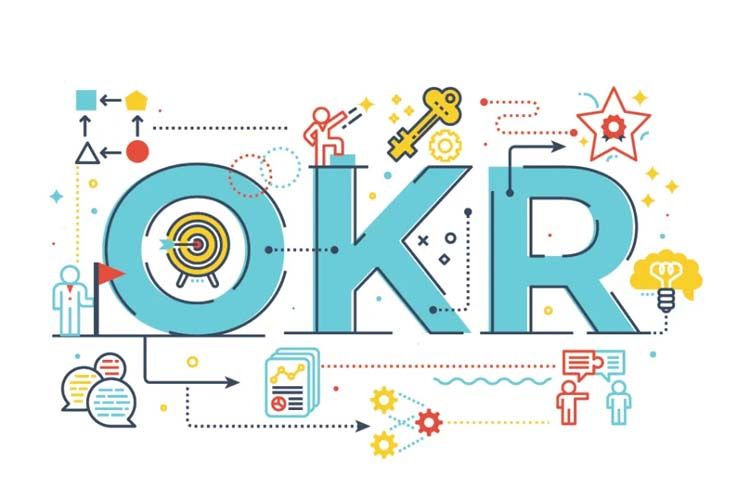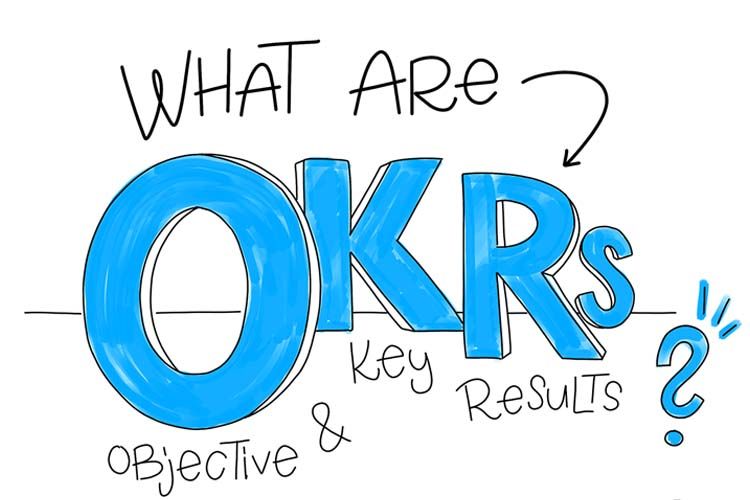How to avoid these 5 common OKRs mistakes
Check your OKRs again and compare them to see if you are making any mistakes!
From the second quarter of 2020, Sun* Vietnam has officially launched OKRs - the objectives and key results management tool for the whole company, to focus on developing a motivating work environment for everyone.
Up to now, everyone, from the leaders to the members of the company, has gradually done putting OKRs on the S* Goal tool and start updating the first progress of their key results. However, are you confident that you have set effective OKRs? Let's take a look at common mistakes with Sun* News when setting up OKR and "reviewing" your own OKR to answer this question!

1. Setting too many objectives
At Sun*, OKRs are built and set up to focus on motivating everyone to work towards and accomplish the goals that they have set. However, if you have too many goals, then you will feel tired of having to pursue one goal after another, or you may unable to accomplish them all. Even then, you may not accomplish anything.
Therefore, in his Morning Speech, Mr. Nguyen Thanh Tung D (EUV1) talked about the topic "Measure what matters" in setting up OKRs. Accordingly, we need to know what important goals are surely needed to complete, and then commit to doing them. Thus, we can identify what we need to do in a given time. Perhaps that’s why Sun* encourages everyone to have 3-4 goals to commit and track the progress on S* Goal.

>>> You can read [Review] Learn how to set proper OKRs with "Measure What Matters"
2. Setting too many key results
Just like setting too many goals, having too many KRs is the same mistake that many people make in the first time applying OKRs. Setting too many key results or many small key results will take away the focus on the goals, and make it difficult to determine the completion of the goal.
The KRs is not "to-do-list", a long list of steps and things that need to be completed to achieve the goal, either. Therefore, as its name is Key Results, it should only be important results that we really want to achieve, and the sum of those results is the goal.
An example of OKRs that set too many KRs and turned KRs into to-do-list:
O: Find and learn about illustration + KR2: Compare and choose a course + KR3: Start the illustration course + KR4: Practice illustrating at least once a week + KR5: Read books about illustration + KR6: Learn about famous illustrators. + KR7: Practice with practical jobs |
It can be seen that, among the 5 KRs above, only KR4 is a key result that can help this person accomplish the goal "Find and learn about illustration".
An O should only have 3-4 key results, from which, you can know what you really need to do to accomplish the goal.

3. Key Results are unmeasurable or incomprehensible
As a tool for measuring the effectiveness of the objectives, the KR in OKRs must be measurable. If the KR is not measurable or difficult to understand, it is certainly an incorrect KR. Accordingly, setting KR may not be in the right direction or may fail to complete.
An example of an unmeasurable key result is:
O: Integrating and adapting to the working environment of Sun*
- KR: Understand the organizational structure, company culture, core values and follow those directions.
In this example, we cannot measure what it means by "understand" the organizational structure, company culture, core values and follow those directions, so that it is impossible to know what do we need to do, for how long, ... to do this KR.
4. Objectives are too challenging or not challenging enough
Low-value Os are usually Os that no one cares, it's okay to achieve or not. So, the question is, what are those Objectives for?
When being asked about the difficulties in implementing OKR, Mr. Bui Xuan Trung (Unit3) shared: “People still have not been able to absorb the spirit to set inspiring O, KRs are measurable results, but they still set easily achievable Os and KR as a task list.”
This is a common mistake that many people make when they do not understand what is an important objective to accomplish. Objectives in OKR must be goals that can inspire, motivate you to achieve the desired results. Therefore, it must be challenging enough for us to be motivated to push ourselves beyond our limits and achieve things we've never achieved.
.
Those who choose their own "journey" will have a greater awareness of how to get to that "journey" finish - when others point out the "journey" to our finish, we will no longer be energetic enough as we choose.
5. Personal OKRs don't support team and company goals
Enterprise is a unified whole, and an interaction between individuals and teams towards the common goal. One of the mistakes that make OKR fail is that they don’t closely follow and establish the connection among individuals and teams. It is simply said that each member does their own job, each team has its own objectives which are not synchronized. This leads to a disorganized organization, and cannot reach a unified goal.
At this mistake, there will be no specific examples for you to look at. So now, compare your own goals with those from team, group, unit, and the entire company, and answer the question whether your goals matched the goals of the organization or not? If not, put it aside, because that may not yet be "what matters".

OKR is really a large ocean, not everyone can understand and set up a proper OKR from the beginning. So don't worry if you don't make it right at this time. Please carefully review and adjust as needed.


 VI
VI EN
EN



